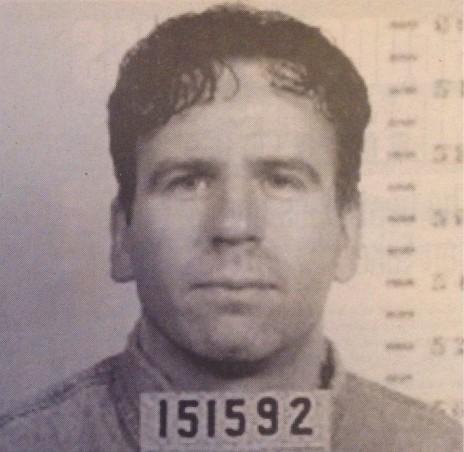By Andrea Janus
If you think you know everything about the mob because you can recite full scenes from The Sopranos, think again. A new degree-credit course in organized crime at Ryerson aims to debunk the myths that Hollywood has embedded in our minds about gangsters.
“The course really tries to cut to the factual core and dispel the myths surrounding organized crime,” says the course’s instructor Stephen Schneider.
The course is offered by the School of Justice Studies as part of its part-time, post-diploma program for college graduates of law enforcement programs such as Police Foundations, Corrections and Law, and Security Administration, but is open to anyone who can fit it into their schedule.
It was first offered last summer, and the course quickly filled its 42 spaces. This fall, about 30 people are enrolled. In January, it will also be available to students across the country, mostly those working in the law enforcement industry, as an Internet course through the Division of Continuing Education.
The curriculum begins with the history, structure and practices of organized crime groups in Canada and around the world, and covers the ways in which law enforcement officials can apprehend them. Using mostly case studies, students look at both the theoretical and practical elements of organized crime.
It is Ryerson’s commitment to both of these aspects of teaching that allowed the school to undertake the project.
“One of the things that attracted us to Ryerson is that it is a very hands-on university,” said Inspector Glenn Hanna, the assistant officer in charge of the Combined Forces Special Enforcement Unit.
The course is a joint venture with the CFSEU, a group of 11 different law enforcement agencies with a mandate to fight organized crime. In operation for over 25 years, it is the longest running combined forces unit in the country. This course, CJUS 602, is an important factor in its battle against organized crime.
“Organized crime poses an obvious threat to society,” says Hanna. “So we have to encourage the examination of the problem.”
About a year-and-a-half ago, the CFSEU approached Ryerson with the desire to start the course. The idea was to increase knowledge of organized crime-related issues among its investigators, and to encourage academic research and discussion as a way to tackle the problem.
“Police historically have been very reluctant to provide information on organized crime,” says Schneider. “They now allow me to access information that I wouldn’t get otherwise.”
This means that the public will also become better informed on the topic, which pleases Marcia Moshe, coordinator of the justice studies program.
“It is important as an applied program to make connections with the community,” she says.
The CFSEU is involved in helping Dr. Schneider teach the course by providing information for, and feedback on, the curriculum, as well as helping to provide experts who have worked in the field.
“To have them on board is a major coup for Ryerson,” says Schneider. “It’s a great example of two different types of organizations coming together to address an important issue.”










Leave a Reply